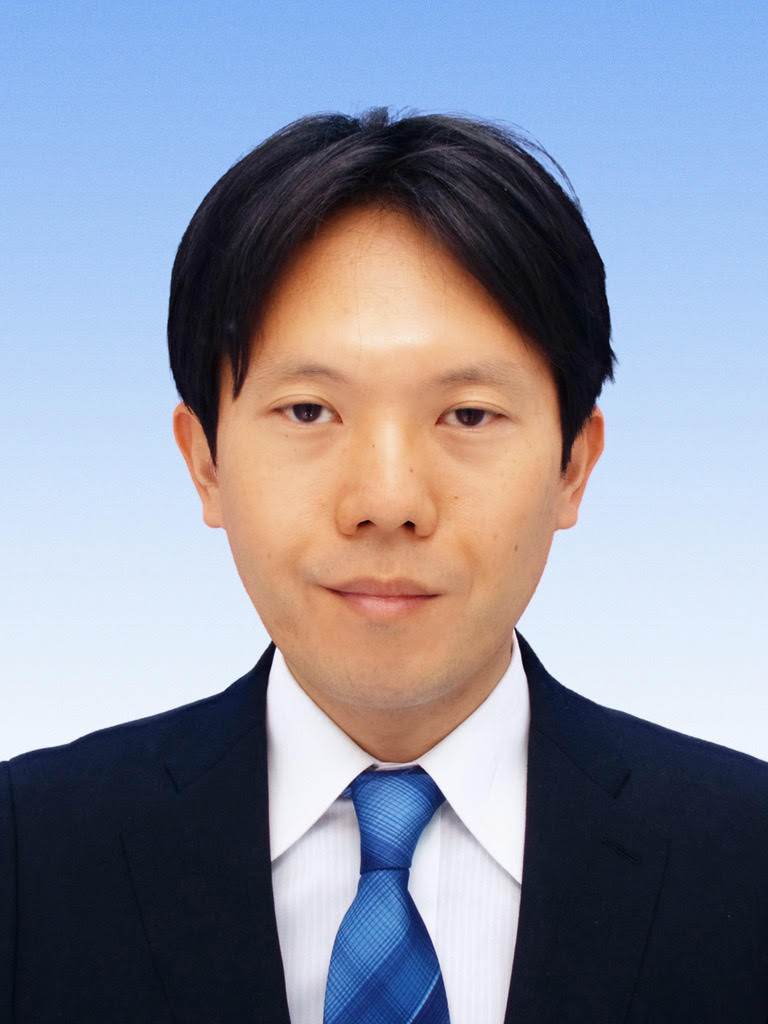-
Affiliation
-
School of Medicine, Institute for Advanced Medical Research Division of Tumor Immunology ( Shinanomachi )
-
Position
-
Professor
-
E-mail Address
-

-
Related Websites
-
Contact Address
-
Shinanomachi 35, Shinjuku, Tokyo, Japan
-
Telephone No.
-
+81-3-5843-6174
-
Fax No.
-
+81-3-5843-6177


Click to view the Scopus page. The data was downloaded from Scopus API in February 22, 2026, via http://api.elsevier.com and http://www.scopus.com .